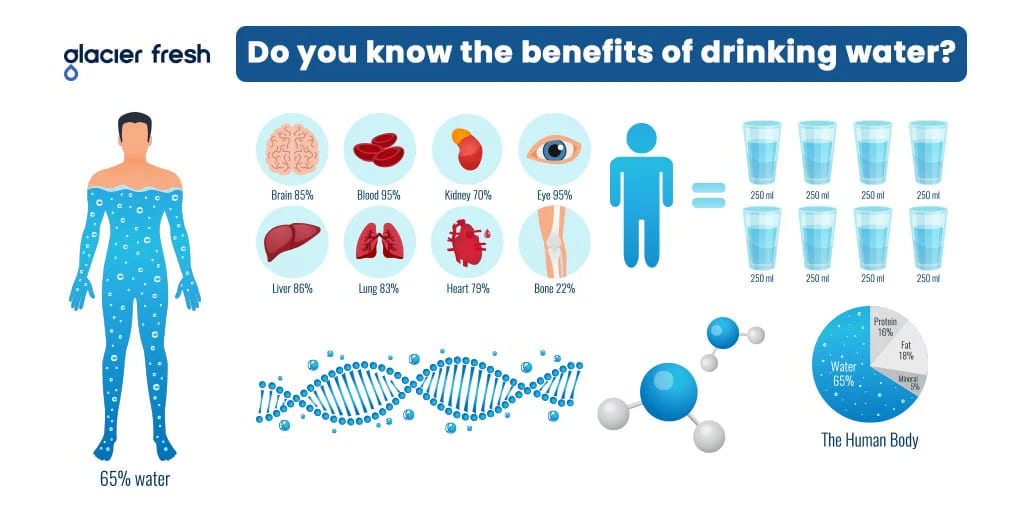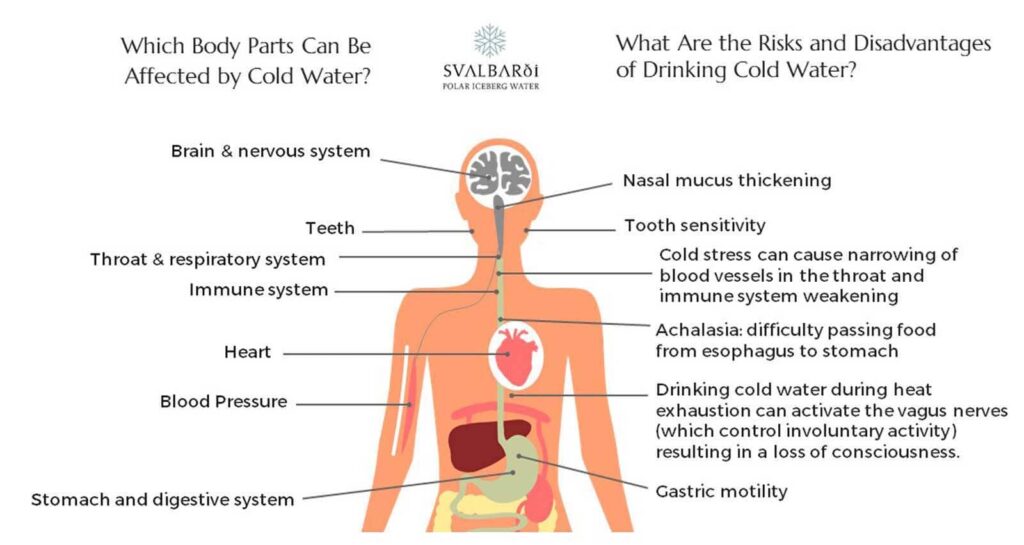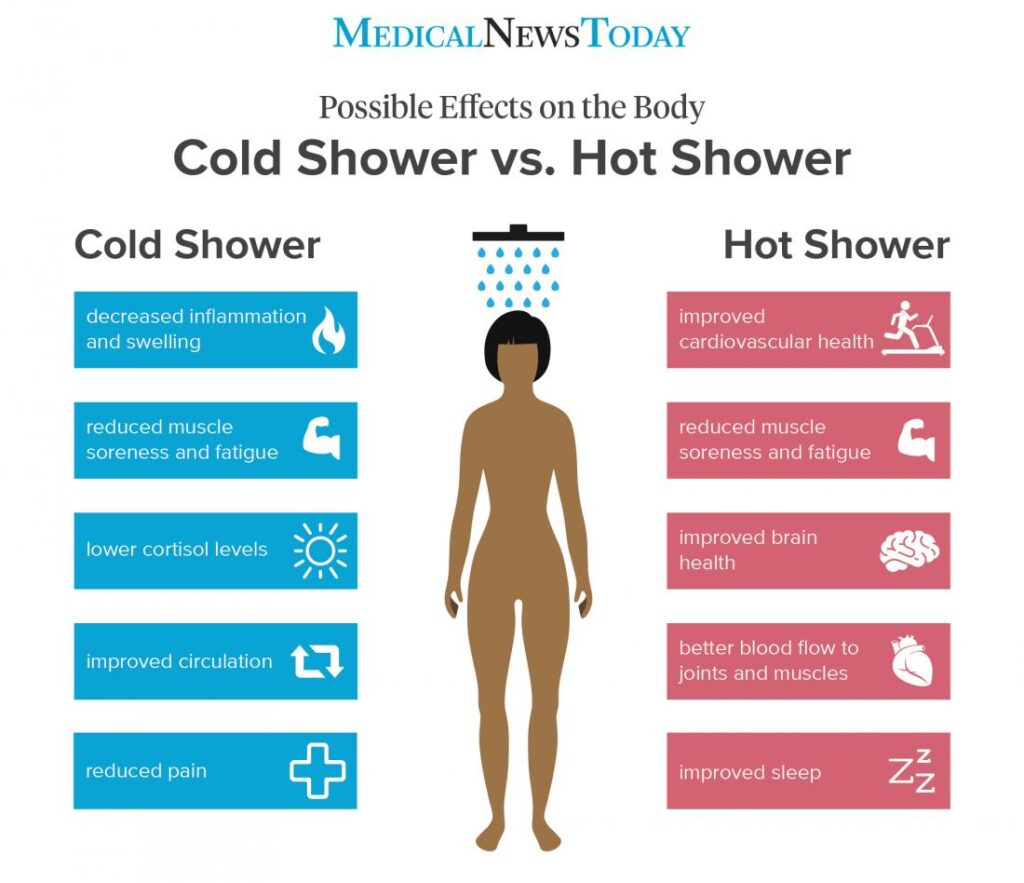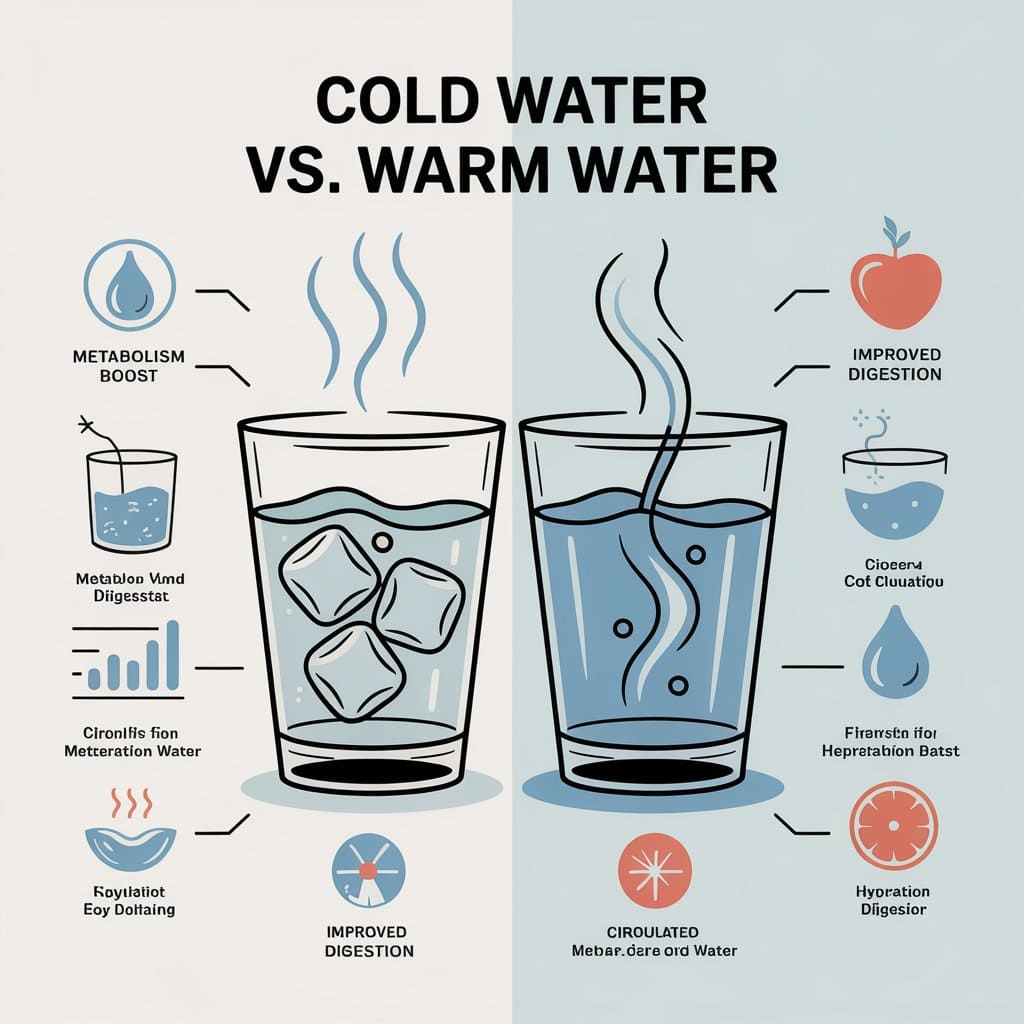
Introduction
In the scorching heat of summer, nothing seems more refreshing than a glass of ice-cold water. Many people instinctively reach for chilled beverages to beat the heat and feel instantly rejuvenated. However, while iced water may provide temporary relief, its consumption can have several adverse effects on human health, especially when consumed excessively or abruptly.
Recent medical studies and scientific reviews highlight the potential health risks associated with drinking iced water in summer. This article explores these harmful effects in depth, supported by scientific data, expert opinions, and evidence from reputable sources like Wikipedia, Harvard Health Publishing, and PubMed.

Main Body
1. Sudden Temperature Shock to the Digestive System
The human body maintains an internal temperature of approximately 37°C (98.6°F). When we drink ice-cold water, especially in hot weather, we introduce an extreme temperature contrast. This can shock the digestive tract and slow down digestion.
🔬 Scientific Insight:
According to a study published in the Journal of Clinical Gastroenterology, cold fluids can harden fats from the foods we eat, making them difficult to digest and potentially leading to constipation, bloating, and cramping.
[Source: PubMed – Clinical Gastroenterology Study, 2020]
Key Point : Drinking iced water can impair digestion by constricting blood vessels and slowing down enzymatic activity.

2. Disruption of Natural Thermoregulation
Our body naturally uses mechanisms like sweating and vasodilation to cool itself. When we consume iced water, it interferes with these mechanisms, causing the body to generate more heat to compensate for the sudden cold intake.
📊 Chart : Impact of Iced Water on Body Temperature Regulation
| Factor | Normal Conditions | With Iced Water |
|---|---|---|
| Core Temperature Regulation | Balanced | Disrupted |
| Sweating | Active | Temporarily suppressed |
| Metabolic Heat Generation | Stable | Increased |
Key Point : Iced water temporarily inhibits sweating, forcing the body to work harder to maintain core temperature.
3. Triggering Migraines and Headaches
Drinking icy water too quickly may lead to “brain freeze” or cold-stimulus headaches. These sudden headaches are caused by the rapid constriction and then dilation of blood vessels in the brain.
👩⚕️ Expert View :
Dr. Vincent Martin, President of the National Headache Foundation, explains:
“Drinking extremely cold beverages can activate nerve endings in the roof of the mouth and upper throat, triggering sharp, sudden headaches.”
[Source: Harvard Health Publishing, 2022]
Key Point : Ice water can provoke sharp migraines, especially in individuals prone to chronic headaches or sinus issues.

4. Sore Throat and Respiratory Infections
Iced water may irritate the mucous membranes in the throat and weaken the immune barrier, increasing susceptibility to sore throats, colds, and upper respiratory tract infections.
📚 Medical Perspective:
The British Journal of General Practice notes that cold drinks can reduce local immunity in the throat, especially in people who are overheated or sweaty. This may lead to increased infection risks.
Key Point : Drinking iced water after being exposed to heat may contribute to sore throats and other infections.
5. Delayed Rehydration Efficiency
Ironically, while cold water feels more refreshing, room-temperature water is absorbed faster by the body. The body must warm the cold water to match its internal temperature before effective absorption occurs, which can delay rehydration—a critical factor during summer heat.
🔬 Scientific Research :
According to the Journal of the International Society of Sports Nutrition, athletes rehydrated faster with cool (15-22°C) water compared to icy water (5°C).
[Source: JISSN, 2021]
Key Point: Room-temperature water hydrates better than ice-cold water, especially during physical activity.
6. Negative Impact on Heart Rate and Circulation
Drinking cold water can stimulate the vagus nerve, which is involved in regulating heart rate. This stimulation may result in bradycardia (slowing of the heart rate) and in some cases, cause dizziness or fatigue.
🩺 Expert Testimony :
Dr. Michael Albert, Cardiologist at the Cleveland Clinic, warns:
“Iced water can reflexively slow the heart rate in sensitive individuals by stimulating the vagus nerve.”
Key Point: Cold water can affect cardiovascular function in some people, leading to transient hypotension or fatigue.

7. Aggravation of Existing Health Conditions
People with migraines, sinusitis, sensitive teeth, chronic digestive issues, or immune disorders may find that iced water worsens their symptoms. Repeated exposure can lead to chronic inflammation, especially in the esophagus and throat.
Key Point: Individuals with pre-existing health issues should avoid cold beverages to prevent symptom flare-ups.
Conclusion
Although drinking iced water in summer feels refreshing, it comes with a hidden cost to health. The sudden temperature shock, digestive disruption, immune suppression, and delayed hydration are just a few of the many risks associated with this common habit. Experts agree that while moderate cooling of water (around 15-22°C) is safe, excessively cold water—especially with ice—can be harmful when consumed frequently or rapidly.
Instead, opt for room-temperature or slightly cool water, which supports better hydration, digestion, and immune health.
✅ Key Points Summary
- Cold water slows digestion and hardens fats in the stomach.
- It interferes with body temperature regulation, increasing internal heat.
- Brain freeze and headaches are common effects of icy drinks.
- Iced water weakens throat immunity, causing sore throats and infections.
- It delays hydration compared to room-temperature water.
- Cold water can affect heart rate and circulation.
- Individuals with health conditions should avoid very cold drinks.
📚 References and Medical Sources
- Harvard Health Publishing – “What causes brain freeze?”
https://www.health.harvard.edu - PubMed – “The effect of beverage temperature on gastric emptying and energy intake”
https://pubmed.ncbi.nlm.nih.gov - Journal of Clinical Gastroenterology – “Cold Water and Fat Digestion”
https://journals.lww.com/jcge - National Headache Foundation – “Cold-induced headaches: Triggers and prevention”
https://headaches.org - Wikipedia – “Thermoregulation in humans”
https://en.wikipedia.org/wiki/Thermoregulation_in_humans - Journal of the International Society of Sports Nutrition – “Hydration and fluid absorption rates at different temperatures”
https://jissn.biomedcentral.com - British Journal of General Practice – “Seasonal Cold Exposure and Immune Responses”
https://bjgp.org - Cleveland Clinic – “Can cold water slow your heart rate?”
https://my.clevelandclinic.org







